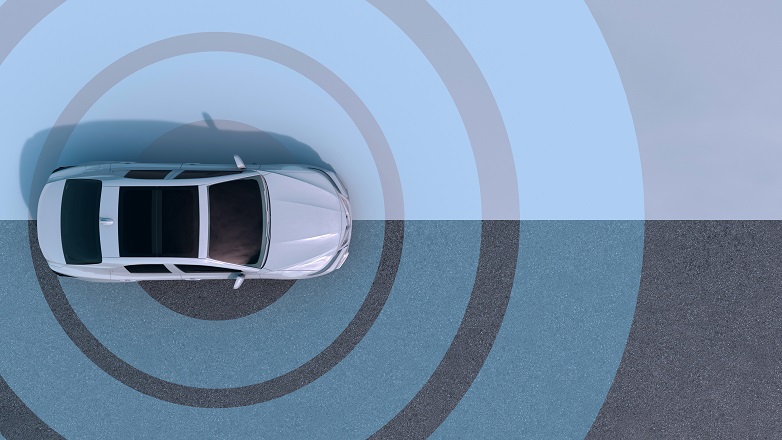When AI goes wrong – part 2: autonomous vehicles
In this second of two articles considering liability for the mistakes of AI systems, we look at driverless cars and who might be responsible when things go wrong.
Driverless cars promise a great deal – these machines with reflexes far sharper than any human’s will make the roads safer. At the same time, they will be able to travel closer together at higher speeds, reducing congestion and journey times. In fact, driverless cars may change the norm when it comes to vehicle ownership – car owners would be able to send their vehicles out as autonomous taxis while they work or sleep, which reduces the need to own a car in the first place.



